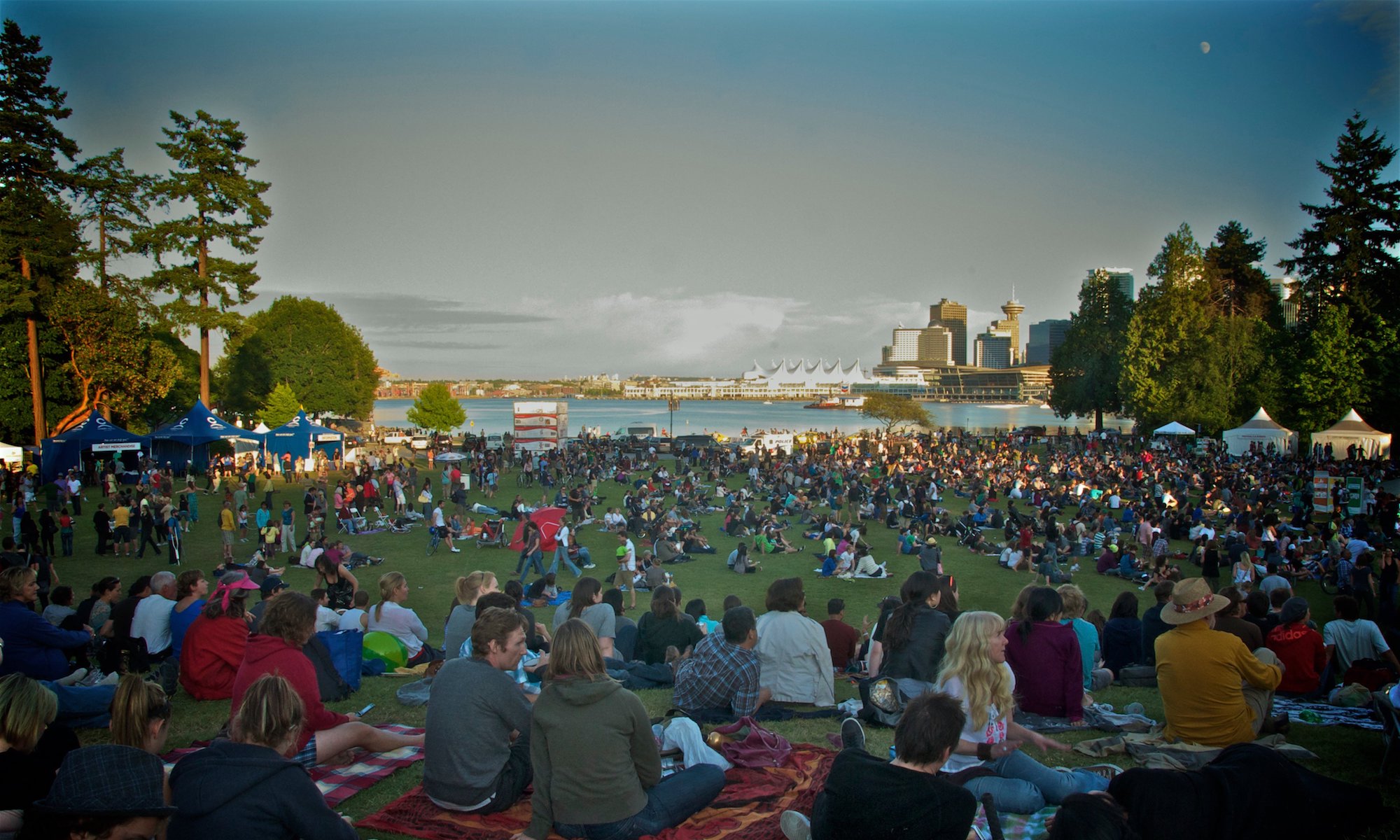I’ve been invited by the intrepid Dave Olson to join him, Rob Cottingham, and Roland Tanglao to be apart of a panel for the coming Net Tuesday4 on July 8, 2008. This is in the series of events in the NetSquared project.
Our mission is to spur responsible adoption of social web tools by social benefit organizations. There’s a whole new generation of online tools available – tools that make it easier than ever before to collaborate, share information and mobilize support. These tools include blogs, wikis, RSS feeds, podcasting, and more. Some people describe them as “Web 2.0”; we call them the social web, because their power comes from the relationships they enable. [netsquared]
The coming panel will be about “Podcasting for Social Change“. Essentially, we are going to gather together on this panel to talk about these tools that exist for pretty much anyone to use in order to get their message out about a cause or organization that is trying to create change within a community.
Whether it’s on a local or global scale, our intention is to give you some insight on how you can use a medium like podcasting to help you get to where you want to be. The road map is fairly wide open, but I’ll do my best to share insights on how to get started, recording methods, editing tips, and how to get that podcast episode out to the world.
What: Net Tuesday4 – Podcasting for Social Change
When: Tuesday, July 8, 2008 5:30 PM!
Where: WorkSpace, 400, 21 Water St., Vancouver BC, V6B 1A1 [google maps]
Topic: Ways Non-profits/Social Change orgs can use podcasts to spread their message
To make it easy, we’ll cover:
1) planning
2) producing tips (with toys to demo)
3) publishing/promoting
panel:
dave olson – moderater/podcaster
john bollwitt – podcaster and audio engineer
rob cottingham – social change technologist
roland tanglao – mobile pundit and tech-evangelist
And to help you think about checking out the panel, check out this great promotional video that Dave made in anticipation. Gotta say that my tequila bottle mic stand is still one of my favorite podcasting engineering feats to this day. Simple and useful in oh so many ways.
